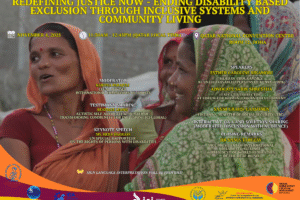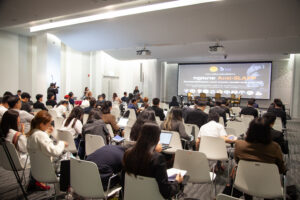
Feb 8, 2013
The ICJ has intervened before the European Court of Human Rights in the case of Suso Musa v Malta, concerning the detention of asylum seekers.
Europe-Suso Musa v Malta-legal submission-2012 (full text in pdf)
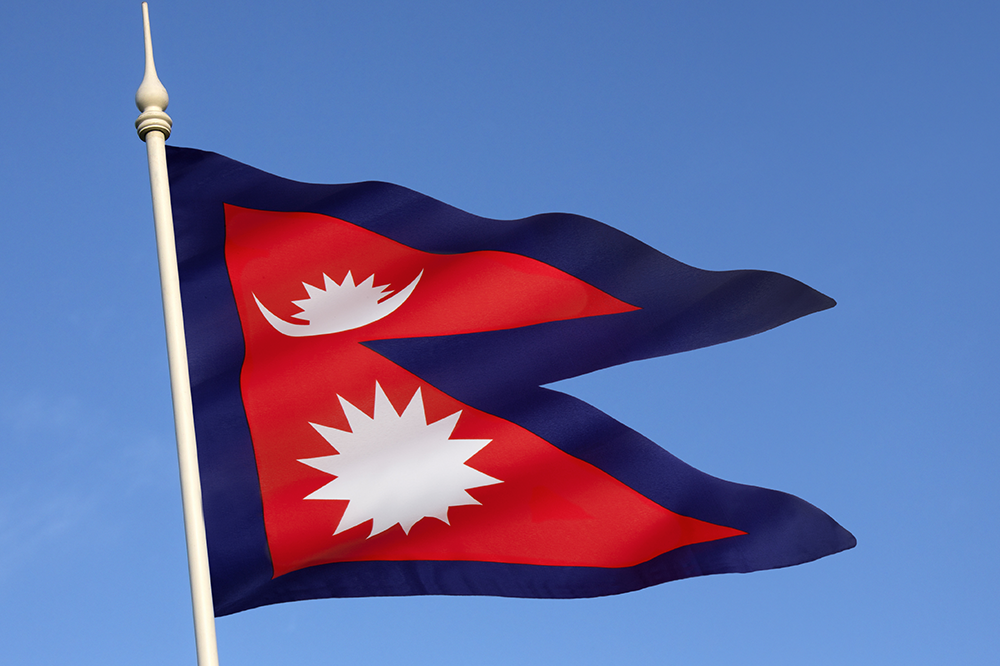
Feb 8, 2013
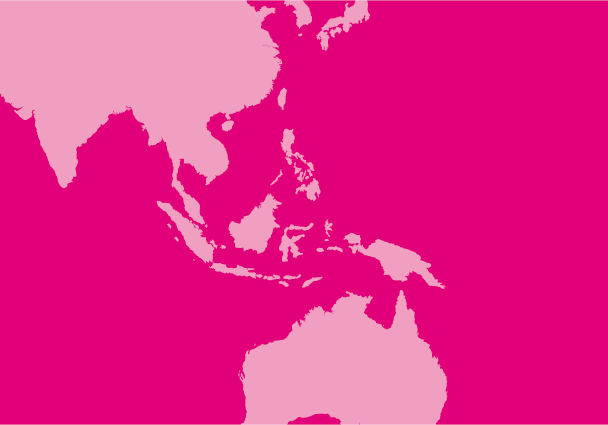 The ICJ is concerned that the Government of Nepal has in recent months taken measures promoting impunity for those those responsible for gross human rights violations.
The ICJ is concerned that the Government of Nepal has in recent months taken measures promoting impunity for those those responsible for gross human rights violations.
The ICJ says than the Nepalese government should rather have acted to address impunity, accountability and redress instead of ensuring that those responsible for gross human rights violations and serious crimes under international law will escape justice.
Ahead of the 22nd session of the Human Rights Council (25 February to 22 March 2013), the ICJ submitted a written statement and delivered an oral statement to the UN in response to the report of the High Commissioner for Human Rights on democracy and the rule of law.
Pointing to recent measures by the Government of Nepal, the ICJ has called for the Council to urge the Government to:
- Promptly establish a Truth and Reconciliation Commission and a Commission of Inquiry on Disappearance, as agreed in the 2006 Comprehensive Peace Agreement, and in accordance with international standards;
- Implement the recommendations in the October 2012 report of the Office of the High Commissioner for Human Rights;
- Conduct prompt, independent and thorough investigations into alleged cases of past human rights violations; and
- Establish and implement vetting guidelines concerning persons holding public office.
Nepal-HRC22-Item3-Democracy&ROL-Legal Submission-2013 (download written statement in PDF)
Nepal-HRC22-Item3-Democracy&ROL-OralStatement-NonLegalSubmission-2013 (download oral statement in PDF)
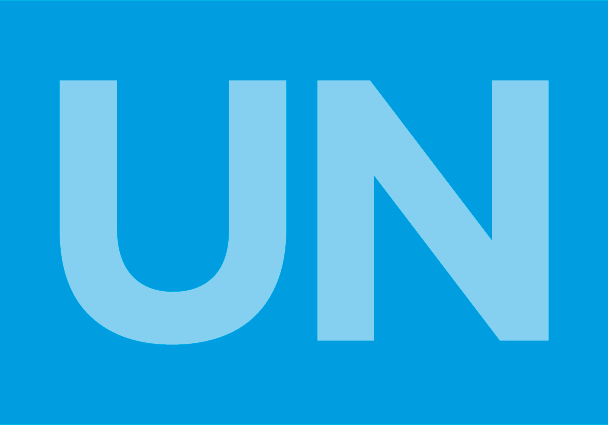
Feb 6, 2013
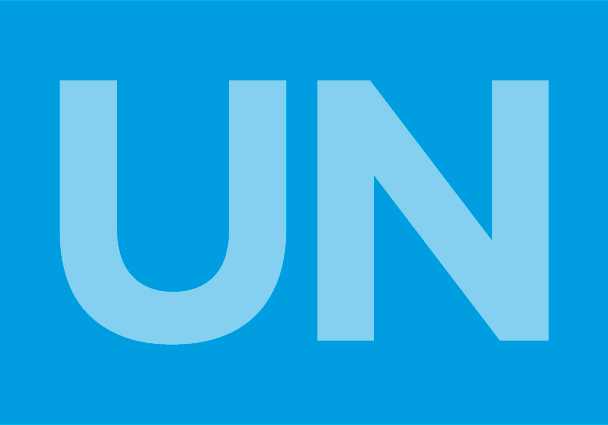 The ICJ is concerned by laws and legislative proposals in a variety of countries that severely threaten the work of lesbian, gay, bisexual and transgender (LGBT) persons and human rights defenders.
The ICJ is concerned by laws and legislative proposals in a variety of countries that severely threaten the work of lesbian, gay, bisexual and transgender (LGBT) persons and human rights defenders.
Ahead of the 22nd session of the Human Rights Council (25 February to 22 March 2013), the ICJ today submitted a written statement to the UN encouraging the Human Rights Council’s Special Rapporteur on the situation of human rights defenders to follow up on these laws and legislative proposals.
Pointing to unlawful restrictions on the freedoms of association and assembly, and the freedom of expression, in several countries, the ICJ encouraged the Special Rapporteur to:
- Call on governments to protect these rights for everyone and to ensure that any restrictions comply with the requirements of legality, of necessity and proportionality and of non-discrimination on all grounds; and
- In the case of laws or legislative proposals that fail to comply with these requirements, take appropriate action.
HRC22-Item3-HRDs-WrittenStatement-legal submission-2013 (download statement)
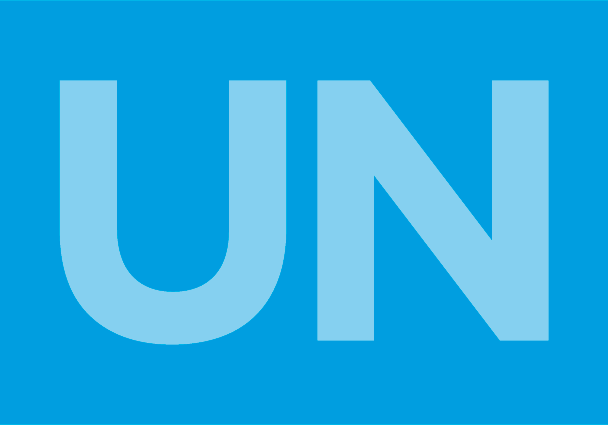
Jan 29, 2013
 The ICJ today submitted a written statement calling on the UN Human Rights Council to extend the mandate of the open-ended intergovernmental working group (IGWG) on private military and security companies (PMSCs).
The ICJ today submitted a written statement calling on the UN Human Rights Council to extend the mandate of the open-ended intergovernmental working group (IGWG) on private military and security companies (PMSCs).
The statement was submitted ahead of the 22nd session of the Council (25 February to 22 March 2013).
Recognizing that the IGWG identified, during its second session in August 2012, that there are a number of existing gaps and areas of concern relating to the protection of human rights in the context of the activities of private security companies, the ICJ urged the Council and all States participating in the IGWG to:
- Consider the possibility of elaborating a legally binding instrument on the regulation, monitoring and oversight and accountability of the activities of PMSCs, as well as complementary approaches and strategies; and
- Approach the issue of the regulation of PMSCs from a human rights perspective, particularly on the questions of accountability and access to justice.
HRC22-IGWGonPMSCs-LegalSubmission-2013 (download full submission in PDF)
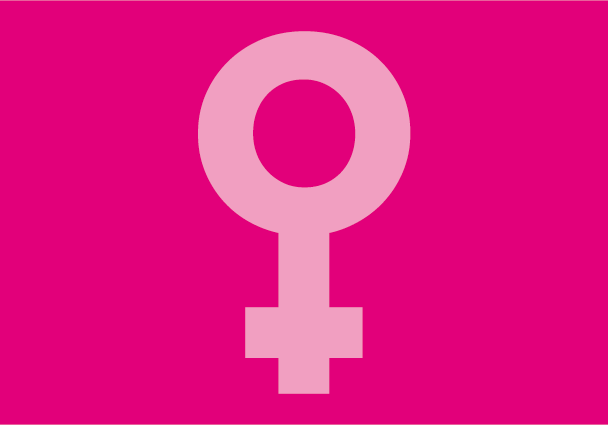
Dec 22, 2012
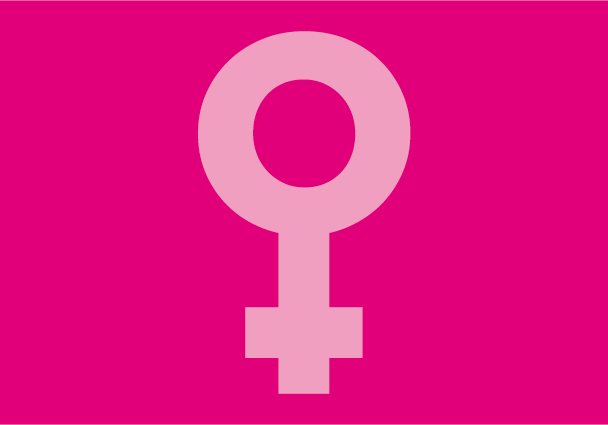 In this case the applicants alleged that Costa Rica’s complete prohibition on in vitro fertilization (IVF) contravened the American Convention on Human Rights giving rise to violations of their rights to privacy and family life.
In this case the applicants alleged that Costa Rica’s complete prohibition on in vitro fertilization (IVF) contravened the American Convention on Human Rights giving rise to violations of their rights to privacy and family life.
On 21 December 2012, the Inter-American Court upheld the applicants claim and requested Costa Rica to take measures to address the situation including overturning the prohibition within a six month period.
In its important decision the Court held that the prohibition contravened the applicants’ rights to privacy, liberty, personal integrity, and to form a family as protected by the American Convention on Human Rights.
The court also considered the prohibition undermined enjoyment of the right to be free from discrimination.
The ICJ filed an Amicus brief in the case in September 2012.
In its brief the ICJ focused on the legal principles and doctrine that should be applied by the Court when considering the case.
Specifically the ICJ addressed the criteria that should be taken into account by the Court when considering whether Costa Rica’s complete ban on IVF amounted to a permissible limitation on the applicant’s human rights.
Costa Rica-ICJ Amicus Fertilization in vitro-legal submission-2012 (full text in PDF)
Costa Rica-Amicus ICJ-fecundacion in vitro-legal submission-2012-spa (full text in PDF)









